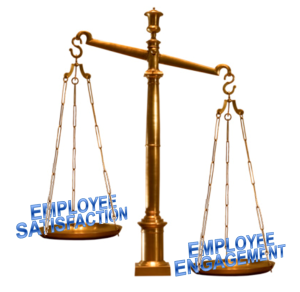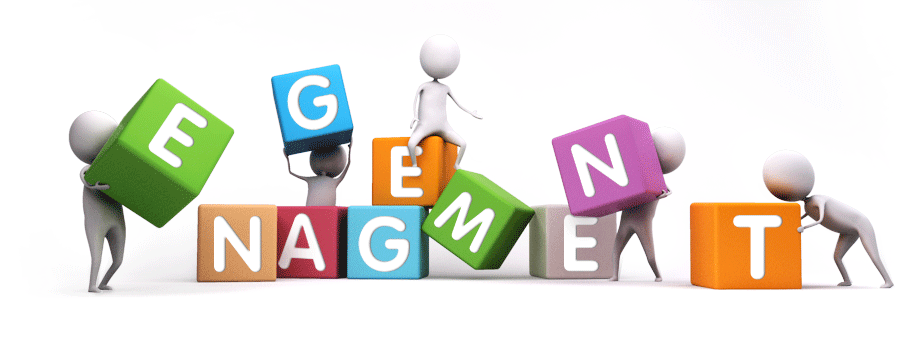 When was the last time you got stuck, I mean really stuck, on a problem in your organization? The kind where you not only couldn’t find a solution, but weren’t even sure why you were stuck in the first place.
When was the last time you got stuck, I mean really stuck, on a problem in your organization? The kind where you not only couldn’t find a solution, but weren’t even sure why you were stuck in the first place.
For example, you’re way behind your annual sales goal and no one seems to know why. People throw out the usual reasons: the economy hasn’t come back yet. Competition lowered their prices. Salespeople aren’t working hard enough. Our product doesn’t have enough features. Blah, blah, blah…
By the way, the first two most powerful words in business are “thank you.” Especially when spoken on a frequent basis to customers and employees.
Now, back to our problem.
If everyone were to get real honest, the answer to why you’re miles behind on your sales goal is probably the third, fourth and fifth most powerful words in business: I don’t know. In fact, when people are throwing out nothing but old ideas and clichés, it almost guarantees that the best answer is I don’t know.
What makes these words so powerful? Let’s visit our brains to find out.
The human brain is a problem-solving machine. It loves to attack problems and come up with answers. The upside to this is that human creativity has almost no limitations. The downside is that the brain doesn’t like ambiguity. To the brain, I don’t know is not an answer. So if it can’t find a legitimate answer to a question or problem, it will often make one up.
That’s how we end up firing salespeople and sales managers when they’re not the problem. That’s why we lower prices when we don’t need to. That’s why we use the economy as an excuse when the solution lies elsewhere.
When looking for answers, the brain also has a tendency to draw upon past successes. As in, “This worked well for us in the past, therefore it will work again.” So when faced with seemingly unsolvable problems, we dredge up what worked in the past and rationalize our way into believing that those answers still apply – even when today’s circumstances indicate otherwise.
Another reason we avoid saying I don’t know has to do with ego. In corporate America, “I don’t know,” is often seen as a sign of weakness or being unprepared. So we hold back for fear of looking bad.
I don’t know can also be seen as an admission of failure, which is absurd. In today’s information-overload world, leaders can’t possibly have all the answers. And with the ever-faster pace of change, it has become increasingly difficult to know anything with certainty anymore. Yet, rather than admit we don’t have all the answers, we forge ahead with what we hope is a good solution.
The power of I don’t know is simple: the words free our brains up to explore possibilities and find great answers! They enable us to cast aside all the old ideas, excuses and rationalizations that our brains want us to believe, and adopt a position of inquiry rather than justification. Once we get to a place of exploration and possibility, we can do things like:
- Examine our data sources. Are we getting data from the same limited sources? Are those sources still valid? Where else, both inside and outside our industry, should we be gathering data in order to make informed decisions?
- Examine our team. Do we have a diverse team with different backgrounds, disciplines and perspectives? Or do we have a homogenous group of leaders who see the world the same way? Do we have any new, fresh thinking on the team? Or do we have the same old seasoned veterans who “know how it should be” with our customers and markets?
- Examine how our team works. Do we typically rush to consensus? Or do we have a process for ensuring that all issues get put on the table and all perspectives get heard? Do decisions tend to get made based on positional power or on what supports our organization’s definition of winning?
- Examine our assumptions. What attitudes, assumptions and beliefs do we bring to this problem? What never gets challenged because we “absolutely know it to be true”? What are the sacred processes/ways of working/beliefs around this issue that never even get discussed because they are too threatening to bring up?
It takes guts to say “I don’t know.” Especially in organizations that don’t tolerate mistakes or failure. But it is a very freeing experience. More important, it’s often the first step to finding the best alternatives and solutions to problems.
Call to action: Don’t just make it safe in your business to say I don’t know, actively encourage it!








